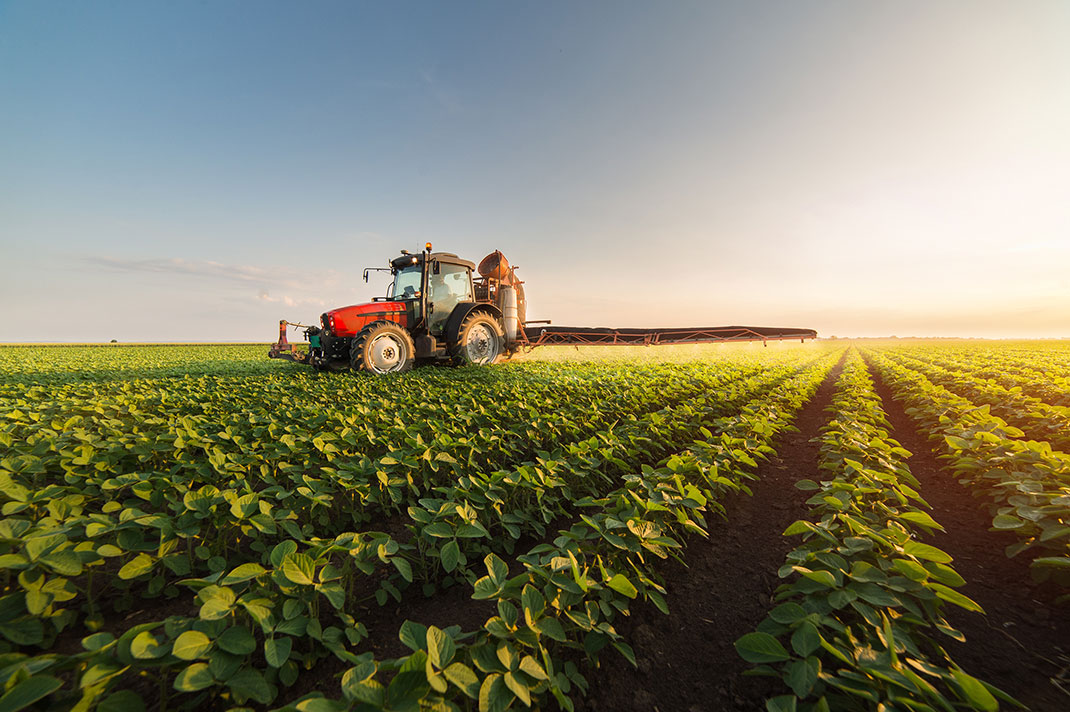Starting a farm sounds like a dream come true for those who love working with our hands, creating things from nothing, and believing in healthy and fresh local food. There are over 2 million farms in the United States, and you could run one of them if you like. However, it’s not as simple as putting some seeds in the ground and waiting for them to grow.
Starting and operating a farm is a lot of work. Plus, if you want it to be successful, you have to be able to handle the administrative and business side of things. So here’s everything you need to start a farming operation and be as successful as you want.
A Location
The first thing you need is somewhere to do your farming. Farms take up a lot of land, so you will need it. Plus, the soil should be good for growing vegetables. If it has too much clay or doesn’t have the right nutrients, you could spend a lot of time getting it up to snuff, which will cost you money. Your location should also have space for some buildings for storage or if you want to live on the property. Finally, you will need space for moving pallets around and loading trucks. Once you have your location, you can move on to the next steps.
Plans
When it comes to a farming business, there are two plans that you will need. One goal should outline how you are going to use your location. Where are the buildings going to be? What crops will be grown where? How will everything be laid out? These are essential things to consider as they will play a part in your other plan: the business plan.
Your business plan will be a comprehensive guide for what you plan to do. This includes how you will run your operation, how many staff you will have, how you will market it, and your projected costs and revenues. You have to have a plan to give you a path forward post-launch. It is also necessary to pursue government funding, outside investment, or business loans.
A Niche
A single farm, especially one just starting, can’t do everything. You will need to decide what you will grow when you plant your first harvest. Having a niche allows you to specialize and develop on a smaller scale. Then, once you’ve built up within that niche, you can branch out to other things.
However, don’t choose a niche based on what you think you will enjoy growing. While that is a worthy pursuit, the fact is that certain products will not sell in certain areas. Transporting food is expensive, and you will only be hurting your bottom line. The best thing to do is to see the gaps in your local market and try to fill one of those gaps. Then, as you grow and expand, you can try out different products that you can ship easily or continue selling locally.
Financing
A new farm will often have high overhead costs to start. You will need to purchase land if you don’t have it, plus materials for building, equipment, transportation, and product to plant. Plus, there will be utilities and other monthly costs. If you can, you can always self-finance. However, getting investors on board will help to share the risk. You can also work on government grants or get a business loan. Remember that you can’t count on making a profit during the initial period after you launch, so bring enough funding to last you through the unprofitable times you’ve hopefully laid out in your business plan.
Equipment
Every farm needs equipment. Doing it by hand will take too much time, and that inefficiency will harm your bottom line. Think about tractors and machinery for watering and planting and storage. You will need safety equipment and vehicles. Plus, little things like a John Deere sun shade canopy will make working on the farm more comfortable. You need the proper clothing and the right footwear, and you will need fencing and storage.
A Marketing Strategy
You will also need to figure out how best to market your farm and its products. You can’t simply plant things and hope people will buy them. Are you going to be part of a regular farmers’ market? This can be a great way to get your product out to people who are inclined to purchase local foods. Plus, they are a great place for networking and building trust with your customers.
Since most new farms are local, you can use local search engine optimization (SEO) to help get visitors to your website. With a farming website, you can produce informative content incorporating keywords that are likely to be searched. That way, your website will fly up the rankings and be very visible to the public. Organic traffic is very powerful, and you can take advantage.
There are a lot of entrepreneurs out there who want to start farming as a way of life and a way to make money. Providing healthy foods to others is a noble pursuit, and you can make it happen as long as you have everything you need to start.

Leave a Reply